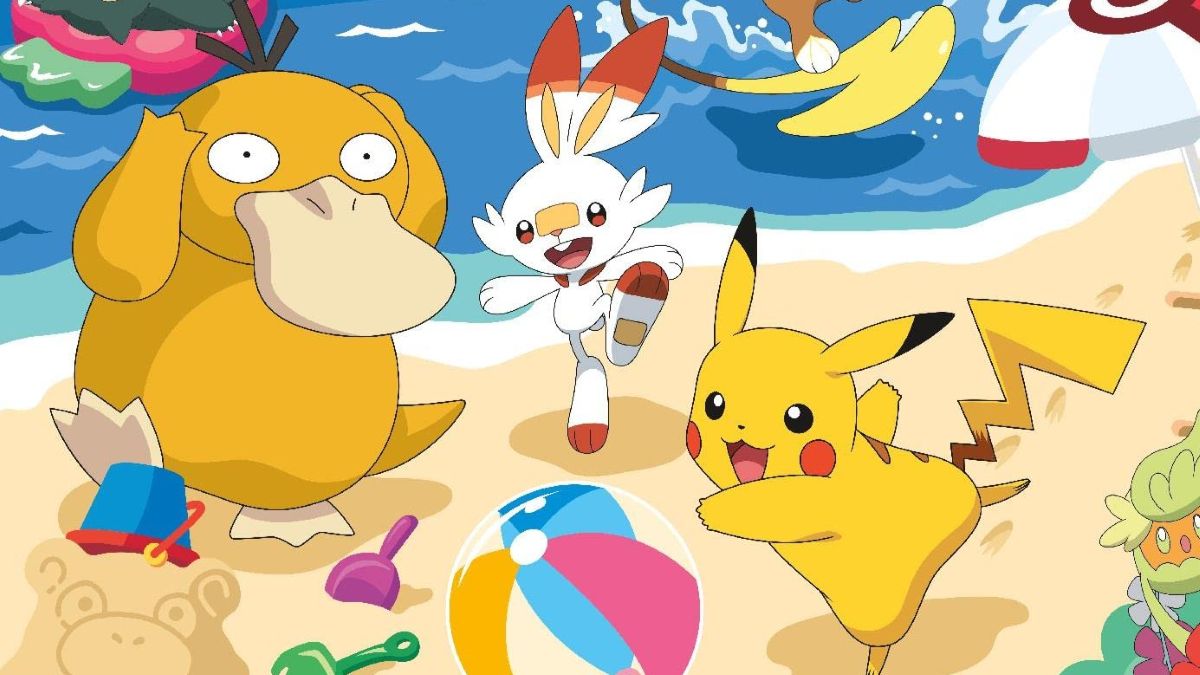
There are a few “holy relics” when it comes to the gaming community. Certain titles are held aloft as untouchable beacons representing everything that is good with a certain genre and are used as the measuring stick in which all future titles are to be held against. Super Mario Brothers is the de facto platformer for instance. while Doom is considered the father of the first person shooter genre. Diablo has always been considered the yardstick that all hack-and-slash RPGs are to be compared to. It’s to the point where other titles in the genre, such as Torchlight, cannot be described without mentioning Diablo.
Now, after 12 years of waiting, Diablo III has finally been released upon the masses and all that’s left to ask is if Diablo III is the new benchmark for the genre, or is it yet another game that fails to meet the standard?
The core concept of Diablo is as simplistic as it gets, mechanic wise. Find a bad guy, click on it until it dies, pick up all of the shiny stuff it dropped (don’t ask why a quill rat was carrying an obscenely large sword and shield, it’s not worth it) and level up. Everything else has always been secondary to the series. The essence of Diablo has always revolved around the three main mechanics of killing, looting, and leveling. Blizzard has gone to great lengths to make sure that these mechanics stayed true to what made them fun 12 years ago, while updating them to keep in line with more modern mechanics.
For someone who has never had the pleasure of diving into a hack-and-slash RPG, the idea of simply clicking on enemies until they die may seem tiring; however this couldn’t be further from the truth. In fact, the gameplay is the gamer equivalent of heroin, in practice. The simplistic style of wading into the throngs of baddies only to unleash hell with a few simple clicks is extremely satisfying. The updated physics and visuals found in Diablo III leads the player to squeal with glee as enemies ragdoll across the map after a particularly brutal strike while the fountains of loot that drop from almost every enemy taps into a primordial pleasure center that has to be experienced to be understood.

The story of Diablo III is fairly trite, but that shouldn’t come as a shock to fans of the series. While there are a few shining moments of glory, especially in the later acts, the vast majority is overwritten and reveals itself with all the subtlety of a tap-dancing hippo. That’s not to say you won’t find enjoyment in it, or that you won’t be engrossed, I just don’t imagine Diablo III will be winning any awards for best screenplay any time soon.
It won’t take very long for players to reach one of the most controversial changes to the formula. Gone are the days of skill trees and choosing which stats to upgrade. Fans of older Diablo games will recall spending hours outside of the game deciding just which skill trees to focus on and how to maximize their use, even if it meant “wasting” a level to throw a point in a paltry skill simply needed to unlock something else along the line. Diablo III has introduced a more streamlined take on the mechanic. Stat points and skill unlocks will be automatically handled for you, and you’ll have access to all of your core skills by level 30. This is not as limiting as one would expect.
With the inclusion of runes, each skill has five additional bonuses. This leads to an interesting meta-game of trying to figure out what combination of skills and runes best suits your needs for the situation. I’ve lost more time than I’d like to admit debating with myself whether I need zombie dogs to have a small chance of dropping health when they die, or to have those same dogs take part of any damage meant for me. I’m essentially playing Diablo long after I’ve shut everything down for the evening.

The downside to this, is that while it increases the usability of each class, it doesn’t leave much to be desired on the replay side. Outside of starting a new character for hardcore mode or having one set aside specifically to play with certain friends, there is absolutely no sense in a rerolling a character. When a character can have a total respect with the only penalty being a short cool down before skills can be used again, there’s no real deterrent for trying new things. It’s hard for me to mark this as a true negative since the majority of the replay value from a Diablo title comes from the harder difficulties. The streamlined abilities actually do offer more customization than previous titles, but it may not be a welcome change for everyone.
However, the most important part of any Diablo game has always been the loot. Watching a monster explode while leaving a waterfall of gold and items behind has never ceased to entertain me, and Diablo III has made sure I would not want for more. Switching out your gear while trying to max your stats in order to hunt for even better gear is a prime example of the Shen Ring, but it’s damn addictive. Not much has really changed in the formula outside of when you’re playing multiplayer games, each player will be issued individual loot. This essentially means you won’t have to cease fire in the middle of battle to sprint towards that gem before someone else picks it up, a welcome change for anyone who plays with strangers.
Possibly the most controversial change is the inclusion of the auction house. With Diablo III requiring a constant internet connection (more on that later), Blizzard has decided to cut the throat of the black market that ran rampart in Diablo II and allow the community to create their own economy. This could be a fantastic thing for the game, but if the economy immediately following the launch is any indication, we could be in real trouble. It’s hard to justify the grind of looking for gear when it’s possible to buy something better with a paltry amount of gold.
While the simple answer is simply “don’t use it,” it creates a real problem when the economy of the game can be manipulated so easily. With the upcoming option of being able to use real world money in the auction house, many fear a pay-to-win mentality could take over. It’s impossible to know exactly how this will play out in the long run, but at its worst this could drastically decrease the game’s shelf life.

I’m more optimistic with the auction house since based on the pricing of similar items, it seems that the economy hasn’t cemented itself just yet. There is such a disparity in the pricing of items (for instance at the time of writing the legendary mace Nutcracker has buyouts ranging from 45,000 to 5,000,000 gold pieces). That is the direct result of players simply not knowing what their virtual goods are worth yet. Only time will tell how this plays out though.
This brings us to my main complaint with Diablo; the servers. I have absolutely no problem with games that require a constant connection to the servers under one condition: those servers must be available to be connected to. To say that the launch went poorly for Blizzard is a vast understatement. The servers were nigh impossible to connect to for the better part of three days, and still have intermittent latency issues. This is compounded by the fact that in order to play the game in single player mode, you still have to be connected.
I understand the reasoning behind requiring an always-on connection, however it’s very hard for me to defend it when I’m lagging in single player. Blizzard is aware of the problem, and in their defense, they issued an apology and done a lot to rectify it, however this can’t simply be ignored. I imagine that this will have corrected itself in the oncoming weeks, but in the meantime players should be prepared for a few bumps in the road.
With the always-on connection, we are given a fantastic online infrastructure where finding and playing with friends is a breeze. Quite literally, you can go from your desktop to playing with a friend in three clicks. The game’s party system allows for quick access to your friends games, and for those of you playing with strangers, Diablo conveniently tracks those you’ve played with recently under your friends list. Blizzard also makes sure that the game scales remarkably well with every player that joins in, so there will always be a challenge for you and your friends
Of course, the bottom line that any game reviewer has to reach eventually is “Is the game any fun?” The answer is a resounding yes. With all of the quirks and misfires aside, Diablo III is threatening to destroy my social life just as Diablo II did during high school. All of the core mechanics play out perfectly for an enthralling experience capable of keeping you glued to the screen for “just one more dungeon.” The signature Blizzard humor is sprinkled throughout the game and there are enough hidden gems to keep conversations with your friends interesting.
Diablo III may not surpass its older brothers, but right now it’s one of the best hack-and-slash RPG’s on the market. I just don’t know if it will be enough to hold us over for another 12 years.










Published: May 25, 2012 01:26 pm